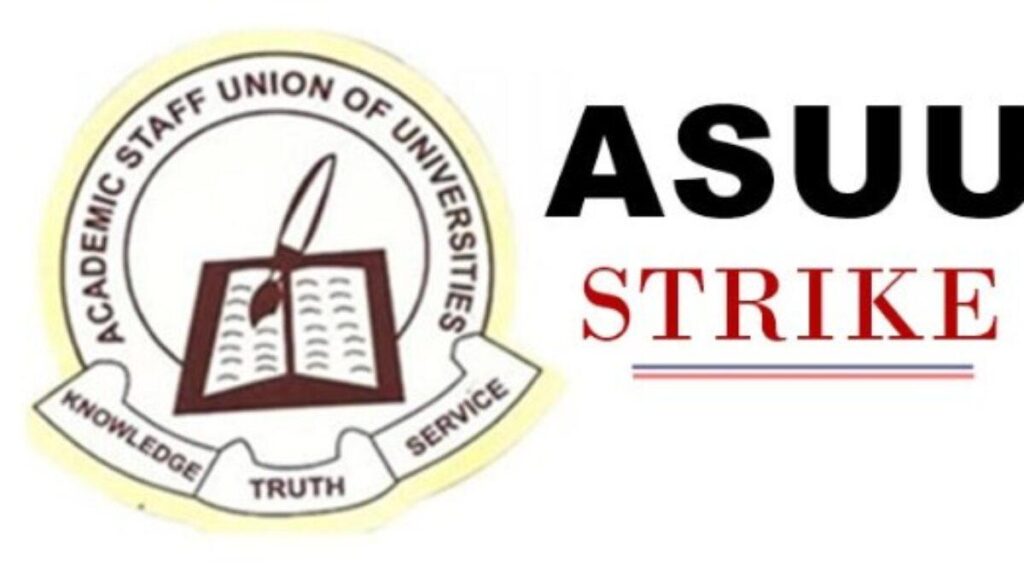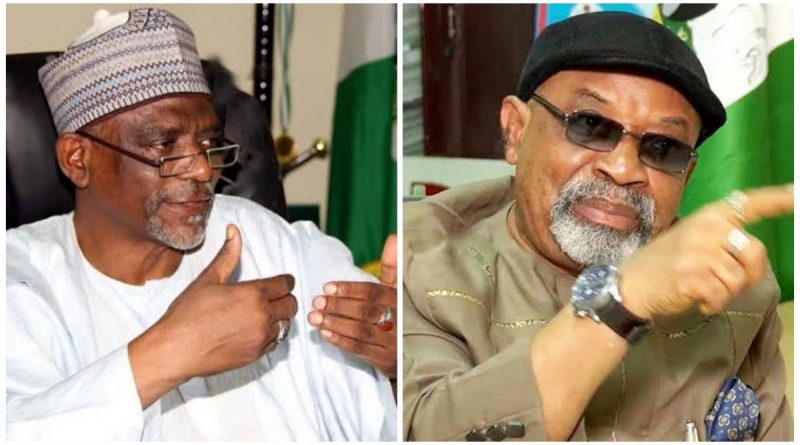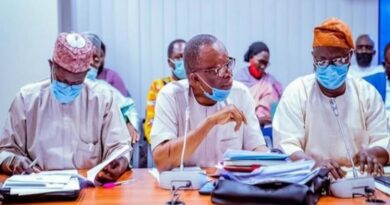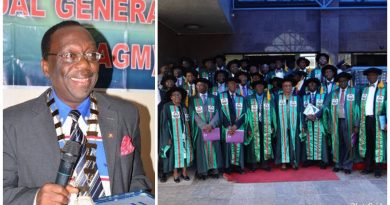Why FG must prevent another indefinite ASUU strike —Stakeholders
By Paul Omorogbe
BARRING any last-minute change of heart on the part of the Academic Staff Union of Universities (ASUU), Nigeria’s public universities would be plunged into another needless prolonged industrial action as the one-month warning strike embarked on by the union on February 14 comes to an end without reasonable progress on the resolution of the dispute.
ASUU had warned that it would go on a total and comprehensive indefinite strike if the government failed to honor its demands before the end of the one-month warning strike.

While the position of the National Executive Council (NEC) of ASUU on the next line of action is being awaited, Nigerian students, under the umbrella of the National Association of Nigerian Students (NANS) and experts, have warned on the dire consequences of another protracted strike.
National President of NANS, Sunday Asefon, warned both ASUU and the Federal Government against the declaration of another indefinite strike, saying the consequences could be better imagined as the students would go all out to make the country “ungovernable”.
He told the Nigerian Tribune in an exclusive interview that students had suffered losses in the time past as a result of strikes by ASUU without compensation, and that this time around, the students would no longer take it from both parties.
Asefon said he would be meeting with the leadership of ASUU on Wednesday and has appealed to the lecturers to be considerate and think about the plight of the students and not return to the trenches. He also urged the Federal Government to hon- our the agreements reached with ASUU in the interest of the students who usually bear the brunt of the strike.
He said: “When lecturers embark on strike, they are paid their salaries. Government officials who are responsible also received their salaries. But what do students get? Nothing! We lose our academic calendar. Some students who are about one or two years to their graduation are denied the opportunity of participating in the one-year mandatory National Youth Service Corps (NYSC).
“What about the monies students pay for rent and accommodation? Like in the case of the last strike, nine months rent running without students occupying them. This time, we will be de- manding compensation from both ASUU and the Federal Government.
“Don’t forget that a lot of students died in the process. Some others, because of idleness, took to drugs, crimes, and criminality. We simply cannot afford another strike.”
ASUU had embarked on nine-month strike action in March 2020, following its disagreement with the Federal Government over the funding of the universities and implementation of the Integrated Payroll and Personnel Information System (IPPIS), which according to the union negates the autonomy for the universities.
The longest strike in the history of strikes by ASUU in Nigeria was suspended in December 2020 after a series of meetings between the Ministries of Finance, Education, Labour and Employment, and the Office of the Accountant-General of the Federation on one hand and ASUU on the resolution the disagreement.
Public universities’ academic calendar since 1981 has been regularly disrupted by ASUU strikes as findings revealed that Nigerian universities have been closed down by ASUU for a cumulative period of over four years. The implication of this is that students have to spend extra years over the stipulated duration of their courses.
Other effects include: deteriorating quality of graduates from Nigerian universities, low ranking of universities, and inability to attract foreign students.
The instability in the system has also led to the exodus of Nigerian students going to study in neighboring African countries, including Ghana, Benin, and Togo because of their stable academic calendar.
“Unfortunately, some of them go to study in mushroom universities established targeting Nigerian students,” a source said.
National President of ASUU, Professor Emmanuel Osodeke, while declaring the one-month warning strike, lamented that the union’s demands on the revitalization of public universities, earned academic allowances, University Transparency Accountability Solution (UTAS) promotion arrears, renegotiation of 2009 ASUU-FGN agreement, and inconsistencies in Integrated Payroll and Personnel Information System (IPPIS) payments had been neglected after meetings with Minister of Labour and Employment, Dr. Chris Ngige.
Osodeke said the Federal Government had not done anything tangible to resolve the crisis. He had earlier warned that if nothing was done to address the demands of the union, the one-month warning strike would be rolled over.
The muscle-flexing between ASUU and the Federal Government got to the head last week when the Minister of Communication and Digital Economy, Isa Ali Pantami, declared that UTAS had failed the integrity test, the verdict ASUU believed was retribution for questioning his professorship.
Minister of Labour and Employment, Dr. Chris Ngige, who has been involved in the negotiation with the leadership of ASUU, however, disclosed that the Federal Government has so far paid the lecturers N30 billion Revitalisation Fund and N22.5 billion Earned Academic Allowance, stressing that it has made a lot of progress in the implementation of the Memorandum of Understanding (MoU) reached with ASUU.
Minister of Education, Malam Adamu Adamu, has in the same vein, constituted White Paper Drafting panels on reports of visitation panels to tertiary institutions across the country as part of last-ditch efforts to address some of the demands of ASUU.
Some experts have, however, faulted the decision of the Federal Government to negotiate with ASUU and afterward, force the agreement on universities contrary to provisions of the Universities Autonomy Act that gives such powers to the governing councils of the institutions.
In this respect, the Pro-Chancellor, Osun State University, Yusuf Alli (SAN), was reported to have said pointedly that it was wrong for the Federal Government to negotiate with ASUU, on behalf of the universities.
He argued that universities should be allowed to negotiate with their workers, based on their strength to pay whatever salary is agreed upon.
Meanwhile, the committee of vice-chancellors of Nigerian universities has called on the Federal Government to be proactive and embrace dialogue in the effort to resolve the ongoing disagreement with ASUU.
The vice-chancellors made the call in a communiqué issued at the end of their 80th General Assembly meeting held in Abuja. The committee added that Nigerian universities would not be able to withstand the consequences of a prolonged strike.
The communiqué partly read, “Members expressed regret that the nation’s public universities are witnessing another strike, resulting from a trade dispute with the unions. “It expressed the need for the Federal Government to be proactive and dialogue with the leadership of the union to ensure an amicable resolution of the crisis.
“At the heart of the dispute is the public universities’ funding, which members noted was grossly inadequate.
“The meeting noted that public universities might not absorb the consequences of another prolonged strike by the Union if the outstanding issues are not quickly resolved.
Credit: Nigerian Tribune
For Advert Placement, Sponsorship, support, Article submission, suggestion, etc, Contact us: info@theabusites.com, +2349015751816 (WhatsApp)








